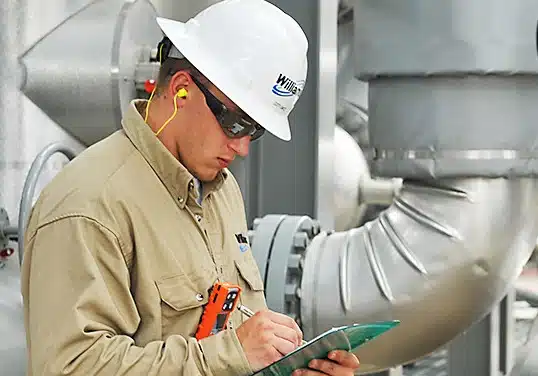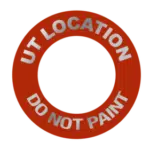WPS is a detailed, step-by-step guide that welders follow to ensure that the welds they create meet specific quality standards. Welding Process This specifies the type of welding process to be used, such as: SMAW (Shielded Metal Arc Welding) GMAW (Gas Metal Arc Welding) TIG (Tungsten Inert Gas...
Standards + Specs
Interpass Temperatures
Interpass temperature is the temperature of the material in the weld area between successive welding passes.
History of ASME Standards
When ASME’s founders, Henry R. Worthington, Alexander Lyman Holley, and John Edson Sweet, along with other prominent industrialists and technical innovators gathered in New York City for the first time in 1880, the main topic of discussion centered on the dawning industrial age. There were many...
What API 510 Covers
The American Petroleum Institute (API) 510 certification is a credential that signifies an individual has met a set of standards for the inspection, repair, alteration, and rerating of pressure vessels. These standards are set by API, for the natural gas industry in the United States, but its...
API 510, 570, and 653
API 510, 570, and 653 are standards set by the American Petroleum Institute (API) for the inspection, repair, and maintenance of different types of equipment used in the petroleum and chemical industries. Let's break down each one: API 510: Pressure Vessel Inspection Code Purpose: This standard...


